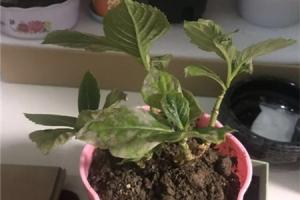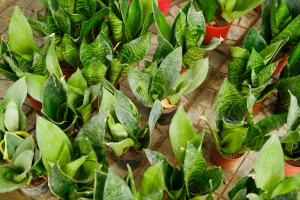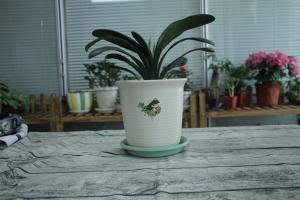Introduction
The Dragon Tree, also known as Dracaena marginata, is a common houseplant that is popular for its dramatic, sword-shaped leaves and low-maintenance requirements. However, if you are a cat owner, you may be wondering if this attractive plant is safe for your furry friend. In this article, we will explore whether or not the Dragon Tree is poisonous to cats.
The Toxicity of the Dragon Tree
Unfortunately, the Dragon Tree is toxic to cats. Like many other members of the Dracaena family, the plant contains saponins, which are natural toxins that can cause gastrointestinal upset, including vomiting and diarrhea, in cats. In severe cases, ingesting the plant can lead to more serious symptoms, such as lethargy and tremors.
Preventing Poisoning
As a responsible cat owner, it is important to take steps to prevent your pet from coming into contact with the Dragon Tree. This means keeping the plant out of reach and, if necessary, using physical barriers, such as fencing or plant stands, to restrict your cat's access to the area where the plant is located.
In addition, it is important to be aware of the symptoms of poisoning and to seek veterinary treatment if you suspect that your cat has ingested any part of the Dragon Tree. Your veterinarian can provide you with guidance on what steps to take to treat your cat, and they may recommend inducing vomiting or administering activated charcoal to help reduce the severity of the symptoms.
Alternatives to the Dragon Tree
If you still want to add some greenery to your home but are concerned about the potential toxicity of the Dragon Tree, there are many other houseplants that are safe for cats. Some examples include:
Spider plant (Chlorophytum comosum)
African violet (Saintpaulia spp.)
Areca palm (Dypsis lutescens)
Christmas cactus (Schlumbergera spp.)
These plants are all non-toxic to cats and can still add beauty and purify your indoor air without posing a risk to your beloved feline.
Conclusion
In conclusion, the Dragon Tree plant is toxic to cats and can cause a range of gastrointestinal and neurological symptoms if ingested. As a cat owner, it is important to take steps to prevent your pet from coming into contact with this plant and to seek veterinary treatment if you suspect that your cat may have been poisoned. If you still want to add some greenery to your home, there are many safe alternatives to the Dragon Tree that can still provide beauty and health benefits.

 how many times do yo...
how many times do yo... how many planted tre...
how many planted tre... how many pine trees ...
how many pine trees ... how many pecan trees...
how many pecan trees... how many plants comp...
how many plants comp... how many plants can ...
how many plants can ... how many plants and ...
how many plants and ... how many pepper plan...
how many pepper plan...































